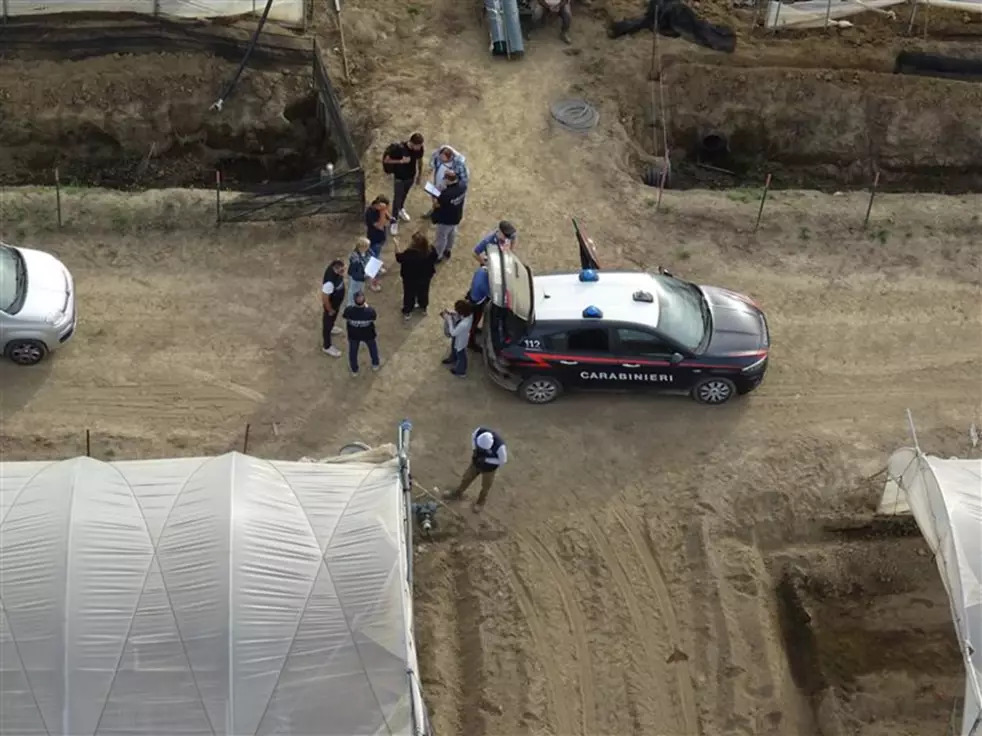In some cases, exploited workers were found in deplorable sanitary and living conditions, such as Thai nationals forced to work day and night while picking berries, or Belarus nationals working in the forestry sector being compelled to operate highly dangerous machinery without proper training, without access to toilets and places to rest and eat.
A group of Polish slaughterhouse workers were found receiving cash payments without being covered by collective agreements negotiated between employers and labor unions to establish terms and conditions of employment.
The operation resulted in the launch of 20 new criminal investigations. Additionally, 687 employers were found to have committed labor violations, leading to 156 new inspections by authorities and the discovery of 29 falsified documents.
Law enforcement officials state that criminals employ deceitful tactics, including fake job advertisements, to exploit vulnerable job seekers. These advertisements do not describe the real working conditions and are posted under fake company names, luring potential victims with seemingly attractive job offers.
Once job advertisements are published on social media and recruitment websites, applicants are contacted via messaging apps, and victims are ultimately sent to workplaces with terrible conditions that bear no resemblance to what was initially promised.
Typically, these criminals target individuals in precarious economic situations seeking better financial prospects. Many of these advertisements offer opportunities abroad, with the aim of isolating potential victims.
Seasonal workers and those in low-skilled and informal positions within the agricultural sector are especially vulnerable to exploitation, including violations of minimum wage and working hour regulations, discrepancies between payments and actual working hours, employment of minors, practices such as "debt bondage" or "debt slavery" (in which an individual is forced to work to pay off a debt), and the confiscation of IDs and passports.
According to the International Labor Organization, "over 70 per cent of adults trafficked for forced labor in agriculture and domestic work or manufacturing are in debt bondage."
The human rights group Walk Free reported that, "an estimated 50 million people were living in situations of modern slavery on any given day in 2021, according to the latest Global Estimates of Modern Slavery. Of these people, approximately 27.6 million were in forced labor."

